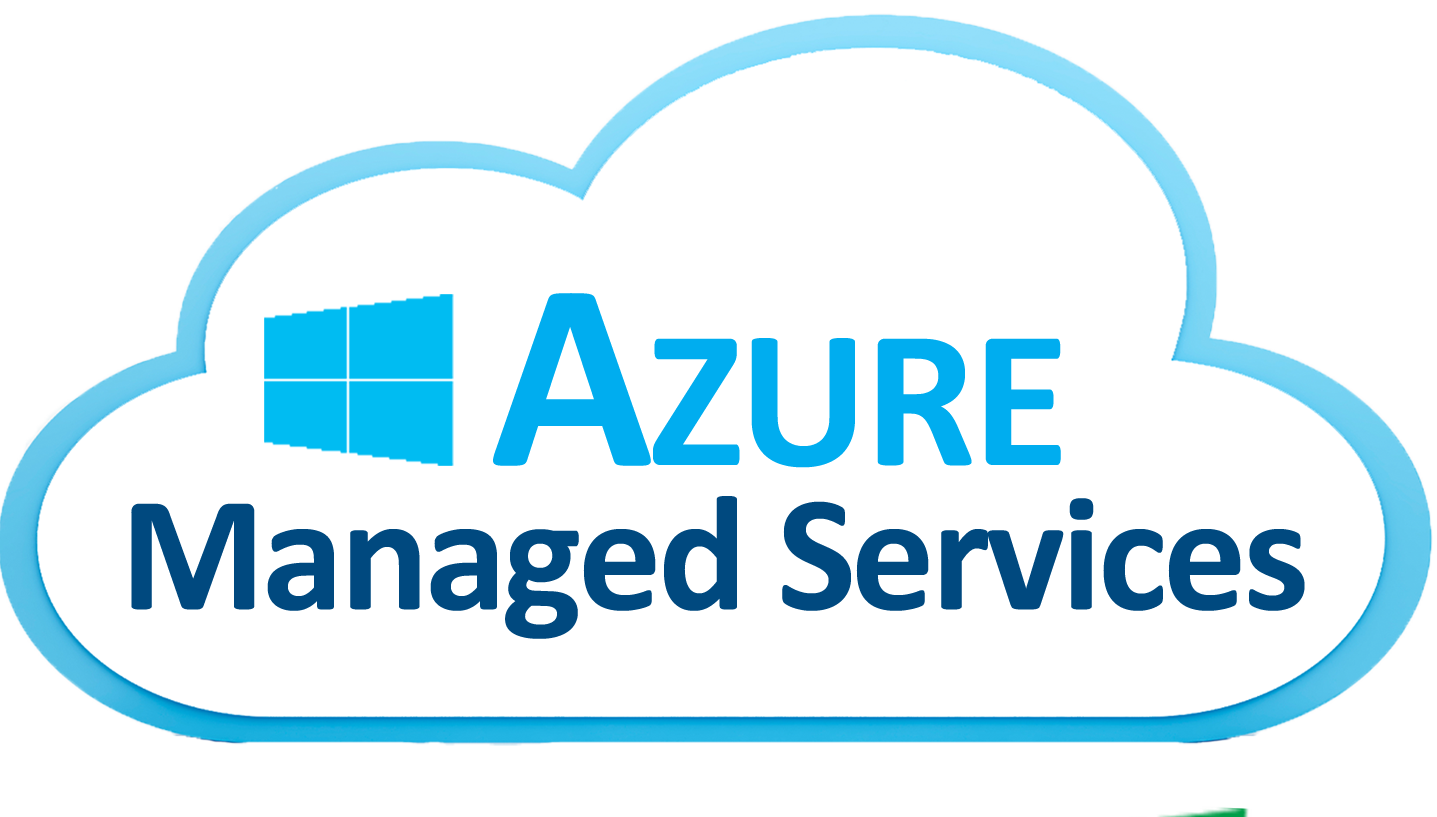
In today’s digital era, cloud computing has become essential for businesses of all sizes. Among the many cloud platforms, Azure by Microsoft stands out, providing a robust and flexible environment for businesses to scale and innovate. For enterprises that prefer not to manage the complexities of cloud infrastructure themselves, Managed Azure Services offer an ideal solution. In this article, we’ll explore real-world use cases of Managed Azure Services in enterprise cloud solutions, showcasing how they can simplify operations, improve security, and drive business growth.
1. Cloud Migration for Enterprises
One of the most significant challenges enterprises face is moving their existing workloads and applications to the cloud. Managed Azure Services provide expert support for seamless cloud migration. For example, a retail company might want to migrate its entire inventory management system and customer databases to Azure. Managed services can assist in planning, executing, and optimizing the migration process to ensure minimal downtime and maximum security.
Azure’s services like Azure Site Recovery and Azure Migrate are often used in such migrations, helping enterprises move to the cloud without interrupting their daily operations. By utilizing Managed Azure Services, businesses can rely on experts to handle the complexity of migration, allowing their internal teams to focus on core business activities.
2. Disaster Recovery and Business Continuity
For large enterprises, ensuring that data is protected and services remain operational during a disaster is critical. Managed Azure Services are often used to implement disaster recovery and business continuity strategies. Take a financial institution, for example, that needs to ensure 24/7 availability and protection of sensitive customer data.
Azure’s Azure Backup and Azure Site Recovery services can automatically back up data to secure locations, while ensuring that applications can be restored quickly in case of failure. Managed services providers help set up these tools, monitor backups, and periodically test disaster recovery procedures. This minimizes risks and ensures business continuity.
3. Improved Security with Managed Azure Services
Security is one of the top priorities for any enterprise, especially when moving to the cloud. Azure offers a range of tools, including Azure Security Center and Azure Active Directory, to secure resources and manage identities. However, managing these tools can be complex without the right expertise.
For example, a healthcare provider storing patient data in the cloud needs to comply with regulations like HIPAA. Managed Azure Services can help configure and monitor security policies, ensuring compliance and preventing unauthorized access. They also provide continuous security monitoring to detect and respond to threats quickly, reducing the risk of data breaches.
4. Scalability for Growing Businesses
As businesses grow, their IT needs become more complex. Azure provides scalable services that allow enterprises to add or reduce resources based on demand. This scalability is particularly useful for businesses in sectors like e-commerce, where web traffic can surge during peak seasons like Black Friday or Cyber Monday.
Managed Azure Services help businesses monitor usage and scale their resources efficiently. A large e-commerce company, for example, can use Azure Virtual Machines and Azure Kubernetes Service (AKS) to automatically scale their infrastructure up or down based on traffic. Managed services ensure that resources are optimized, helping enterprises avoid overprovisioning and reduce costs.
5. AI and Machine Learning Implementation
Enterprises are increasingly turning to AI and Machine Learning (ML) to gain a competitive edge. Azure provides a powerful suite of tools for developing and deploying AI solutions, such as Azure Machine Learning and Cognitive Services.
For instance, a manufacturing company might want to implement predictive maintenance on its production line using AI models to predict machine failures before they happen. Managed Azure Services can assist by developing and deploying these AI models, ensuring they are properly integrated with existing systems and maintained over time.
6. Data Analytics and Business Intelligence
Data-driven decision-making has become a key part of enterprise strategy. Managed Azure Services help businesses build comprehensive data analytics platforms using Azure services like Azure Synapse Analytics, Power BI, and Azure Data Lake Storage.
For example, a global logistics company might use Azure to integrate data from different sources (e.g., warehouse systems, transportation, and sales data) into a unified platform. Managed services help design the architecture, set up data pipelines, and provide ongoing management to ensure accurate and timely reporting. This enables enterprises to make better decisions based on insights from their data.
7. IoT Solutions for Smart Enterprises
The Internet of Things (IoT) is transforming industries, allowing companies to collect and analyze data from connected devices. Azure offers services like Azure IoT Hub and Azure Digital Twins to build and manage IoT solutions.
For instance, a smart city initiative might use Azure IoT services to connect traffic lights, waste management systems, and public transport. Managed services help enterprises integrate these devices with the cloud, ensuring seamless communication and real-time monitoring. Managed Azure services also provide ongoing management, ensuring the IoT systems are secure and operating efficiently.
Conclusion
In conclusion, Managed Azure Services play a vital role in helping enterprises optimize their cloud infrastructure, ensuring security, scalability, and innovation. From seamless cloud migrations to complex AI implementations, Azure’s diverse set of services can address a wide range of business needs. By partnering with managed service providers, enterprises can leverage Azure’s power without the burden of managing the infrastructure themselves, allowing them to focus on growth and core business activities. Whether it’s disaster recovery, data analytics, or IoT solutions, Managed Azure Services are the backbone of modern enterprise cloud strategies.